Scott Anderson1 Sam. 2:18-20, 26; † Ps.148; † Col.3:12-17; † Luke 2:41-52 So tell me if this sounds familiar: “O daughter, you are blessed by the Most High God above all other women on earth; and blessed be the Lord God, who created the heavens and the earth, who has guided you…” Let me stop right there to ask you: Is it familiar? It sounds like Elizabeth, bursting out in song when Mary shows up at her doorstep, doesn’t it? “Blessed are you among women, and blessed is the fruit of your womb. And why has this happened to me, that the mother of my Lord comes to me?” It sounds like a song for Mary, mother of Jesus, for gentle Mary, meek and mild. But, as you may have guessed, this isn’t that. It’s actually a quote from the book of Judith, which you and I both know is not in our Bible, that is, not in the Protestant canon. But it is in the Septuagint, which is the early Greek translation of the Hebrew Bible or Old Testament that Jesus would have known. It is also in the Catholic and Eastern Orthodox canons. So I think we can talk about her, and some of the other women who were, like Mary, highly favored. There’s Deborah, the prophetess and Judge of ancient Israel. She’s something of a force herself—presented frequently in painting as an ancient warrior leading both men and women. In Judges 5. She sings of Jael, the wife of Heber the Kenite, who was, and I quote, “most blessed of women.” And we know of Jael’s most favored status because she fells Sisera, the commander of the Canaanite army. It’s right there in Judges: "She struck Sisera a blow, she crushed his head, she shattered and pierced his temple."[i] Jael’s not the only one. There’s Hannah. She’s the one who was so overcome in the temple that Eli thought she was drunk. But there she is holding her son Samuel—himself, like Elizabeth’s John the Baptist, and Mary’s Jesus, an unexpected gift. Samuel will become a great prophet and a mighty force for the good of Israel during the time of David. Hannah holds Samuel; she offers him to God, and she sings and laughs about her rivals who had tormented her while she was barren. She praises God for destroying her enemies. Which brings us back to Judith. She saves her people by tricking the enemy general Holofernes and beheading him with his own sword while he is truly drunk, not just assumed to be, like Hannah. Judith is the subject of that statement of blessing we started with, but didn’t finish, that sounds so much like Elizabeth’s song for Mary. Let’s finish that up: “O daughter, you are blessed by the Most High God above all other women on earth; and blessed be the Lord God, who created the heavens and the earth, who has guided you…to cut off the head of the leader of our enemies.” Well, that took a turn, didn’t it? Surely these ancient stories strike our ears uncomfortably. They’re a little like Aesop’s fables or Grimm’s fairy tales. They do not spare us the nitty gritty when it comes to storytelling. They let justice roll down like waters, along with, it seems a few heads. Now, we may not be so ready to label such acts of revenge as uncritically as our forbears might have. But there’s still something here to pay attention to. Remember that, in ancient storytelling, like in the scriptures, words and phrases act a little like hyperlinks. Fragments and phrases like “blessed by God” draw these stories together and construct for us a more complete understanding. And in these linked stories, there’s an undeniable lean toward justice. And we remember that justice is imbedded deeply in our faith; it is a pillar of it, an essential part of what goes to salvation. It’s why our work to engage the world is called Compassion, Justice, and Peace. They are mutually dependent and linear. Compassion leads to justice, and only justice can lead to lasting peace. So we are not at all surprised to find Mary not so much meek and mild, as she is often portrayed in our hymnody, but something of a warrior herself when she bursts into song upon meeting Elizabeth. She is passionate and principled and ready to see the world turn, because it is good news for those who find themselves under life’s crushing load. She is, in other words, taking sides—against those who live for themselves and for the least and those who live for the whole of God’s creation. It is the only way for us to get where we want to go. Let’s say it another way. In our tradition, women blessed by God tend toward the bold and audacious. They are the brave and the risk takers. This long faith tradition that can be found in one of our big words—justice—is impatient. When God calls these women and us to participate in the salvation of God’s people, God calls us to take charge. There is nothing meek here; there is no one who is mild. Hannah, Jael, Judith, and Mary are all “most blessed” among women. And they are not bound by cultural constraints. They are anything but passive, fragile vessels through whom the Spirit of God works. Mary sings of God scattering the proud and bringing down the mighty. Mary sings of a world that is about to turn and a God who is all in when it comes to justice—the founding of a full life for all, not just a few, the blessing of acts of love and goodness, and the resistance of destruction and division. Mary sings of a bold and audacious hope that is at the center of our faith, located in the heart of a decidedly imperfect world. Listen to what the writer Jann Cather Weaver has to say about the situation in which Mary and Elizabeth find themselves: The expected births of both Mary and Elizabeth were ambiguous and troublesome. Both women understood their pregnancies as a time of question—rejection—and doubt. After the scorn of barrenness, Elizabeth remained secluded for five months; after the scorn of unexpected pregnancy, Mary stood to lose her legal and social rights as Joseph considered ending his betrothal to her. [ii] Mary and Elizabeth understood full well what they were facing, and yet, they sought to live radically faithful lives in response to the call from their God. Not unexpectedly, these women lived lives like those of their soon-to-be-born sons. Do we think John and Jesus just “knew” how to live? How to be preachers? How to be as eloquent and explosive as the Magnificat? How to be healers? John and Jesus knew how to live radically faithful lives because they were sons of two women who had faithfully faced a terrifying yet expectant reality. Mary sings of a faith and a way of being that is not only for her, but for us too. And she joins a long line of women—and men—who were blessed by God. A line that began long before them and continues to this day. We live our lives in a direct line to this confidence and courage that is born in absolute vulnerability, nurtured in uncertainty, and ultimately known in self-giving and sacrifice. And yet, more than anything it is a story of strong confidence that the world is indeed, and in a pregnant moment, about to turn. Amen. Notes:
[i] Judges 4:21. [ii] Jann Cather Weaver, “On the Representation of Mary and Elizabeth” (Cleveland: United Church Press, 1994).
0 Comments
Leave a Reply. |
St. Andrew SermonsCategories
All
|
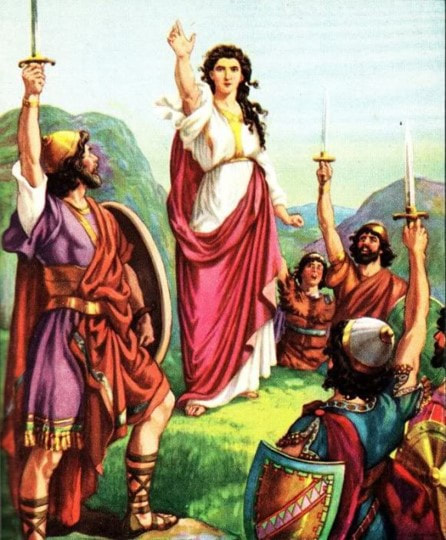
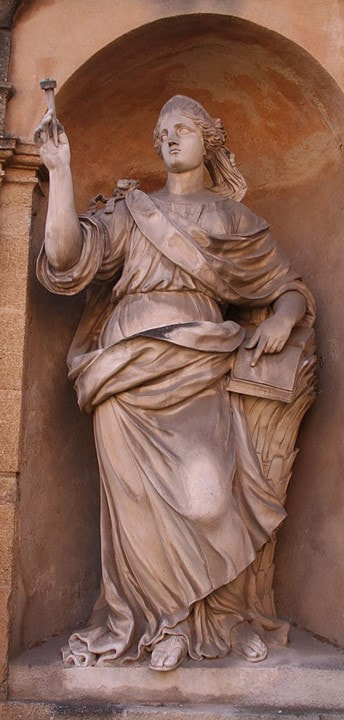
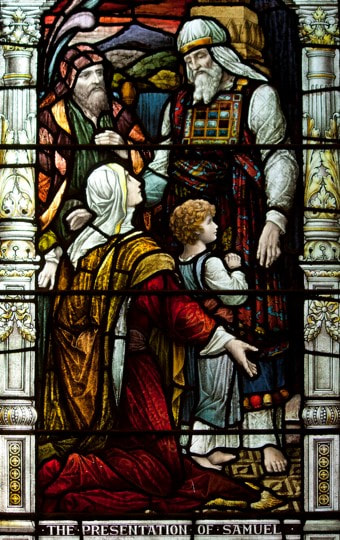
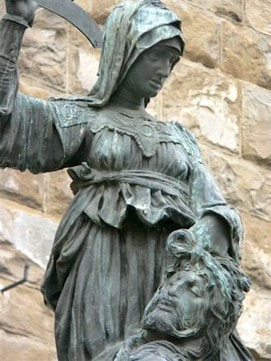
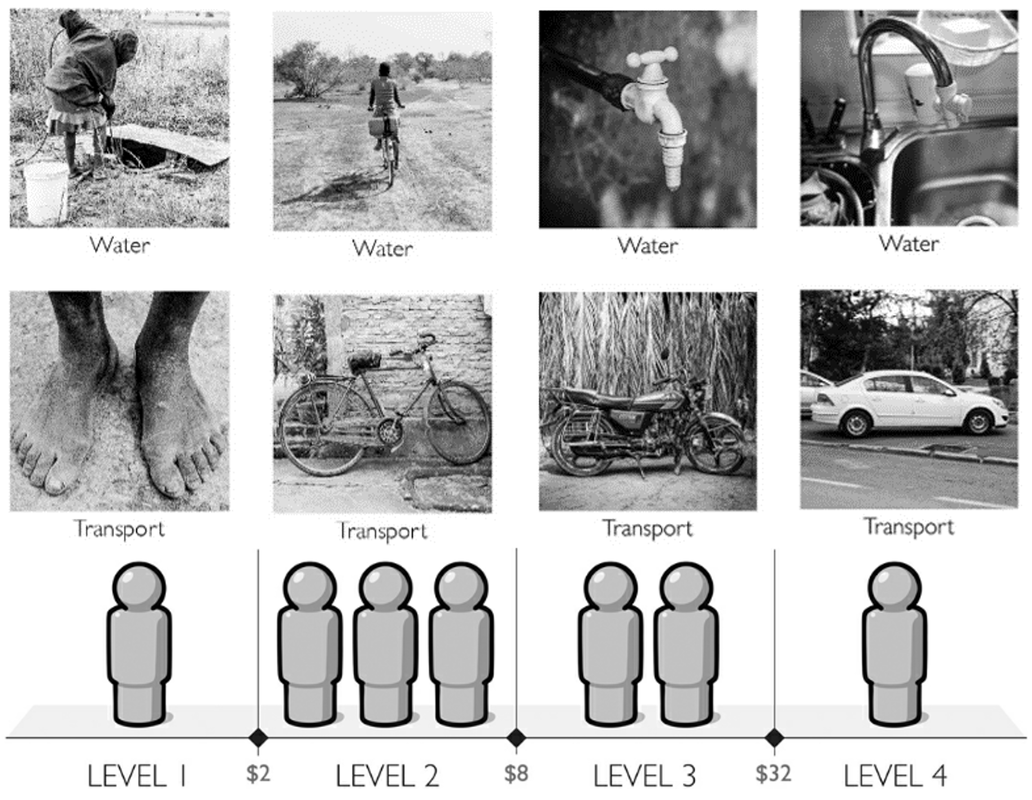
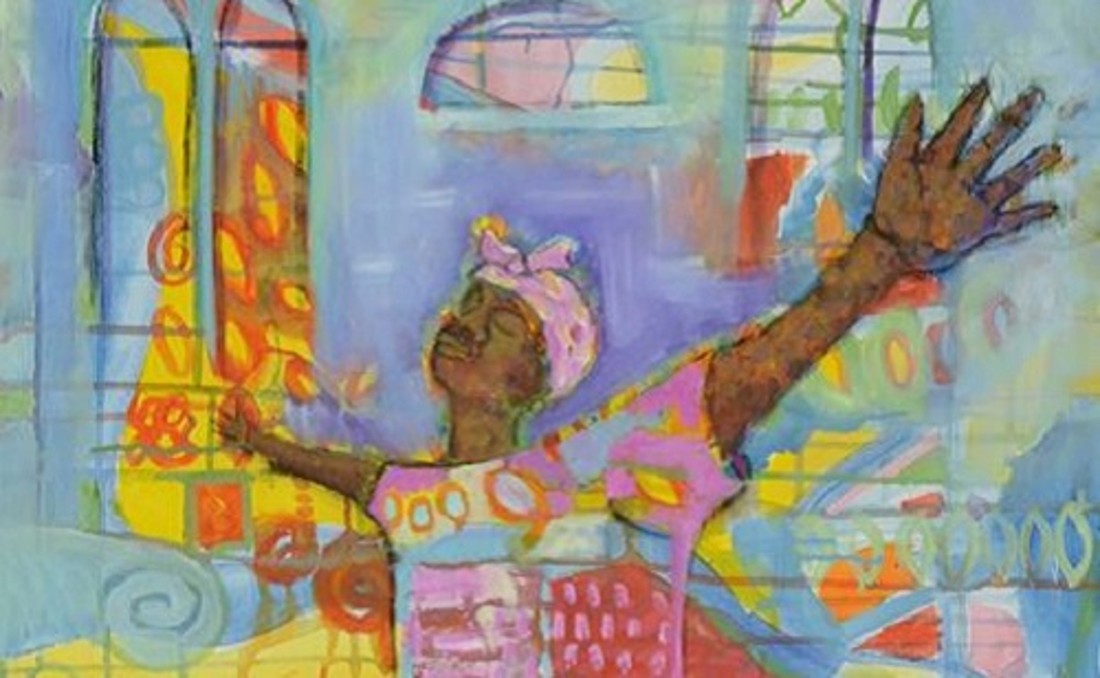
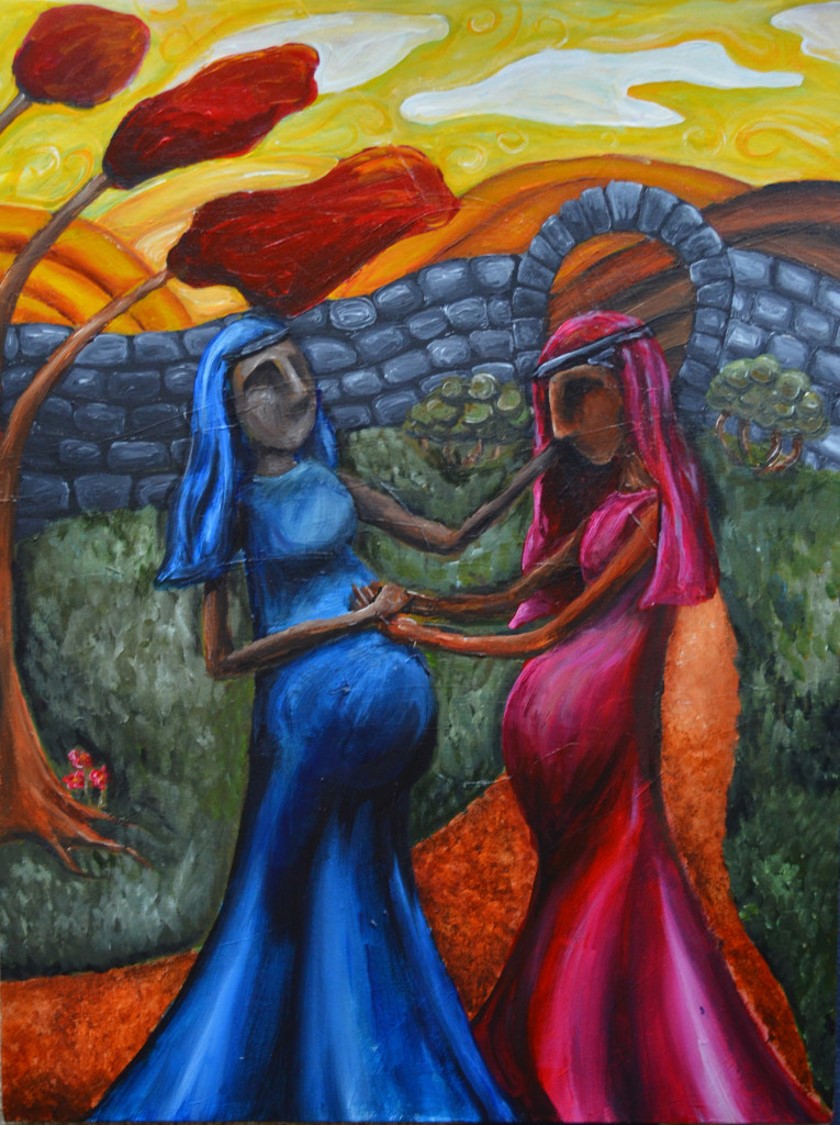
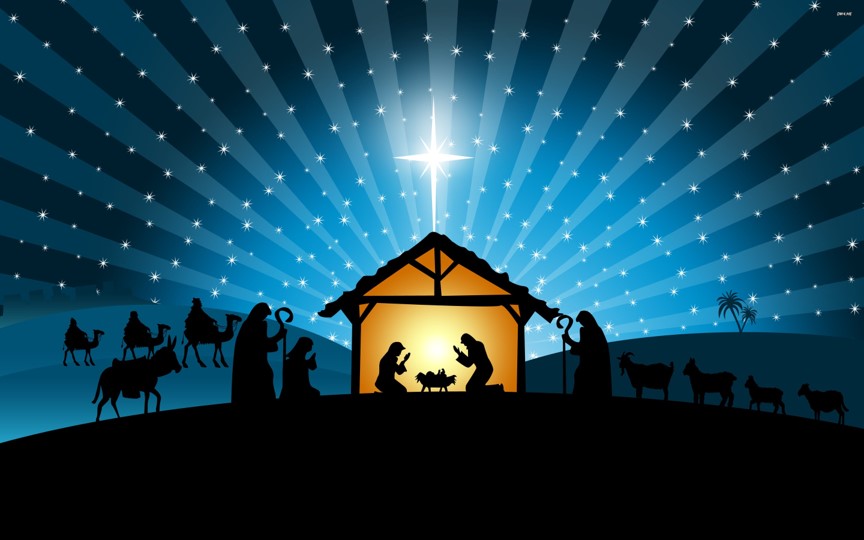
 RSS Feed
RSS Feed